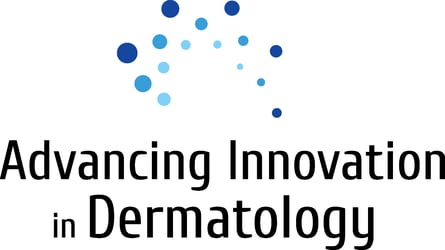
The Dermatology Innovation Webinar was held on Tuesday, November 1, 2023. Webinar registration was complimentary because of the generosity of AID's sponsors.
Advancing Innovation in Dermatology, Inc. is a registered IRS 501(c)(3) organization designated as a public charity in the United States.

Dr. Raff is a physician-scientist, drug developer, and board-certified dermatologist. He is a Vice President in Clinical Development at EQRx working to develop innovative medicines within inflammation and immunology. Dr. Raff previously served as the Director of Translational Medicine at LEO Pharma. He is an Instructor at Harvard Medical School and maintains a clinical dermatology practice at Beth Israel Lahey Health. He previously worked at the Massachusetts General Hospital and the Wellman Center for Photomedicine. He received his MD/PhD at the University of Southern California, completed his dermatology residency at Harvard, and his post-doctoral fellowship as an NIH-funded T32 fellow under R. Rox Anderson MD at the Wellman Center for Photomedicine. Dr. Raff is a member of the AID Research Leadership Council, was a founding member of the AID Education Committee, and previously served as AID Education Committee Chair, Virtual Magic Wand Co-Chair, and Director of the Hacking Dermatology Initiative.
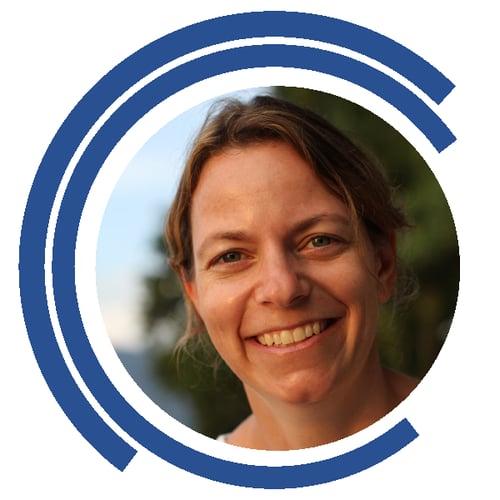
Dr. Joller is an Associate Professor for Immunology at the University of Zurich and studies how preceding immune challenges shape the immune system and thereby influence diseases susceptibility. Stemming from her desire to understand why the immune system induces beneficial or detrimental responses when faced with different challenges, Dr. Joller has a background in different aspects of immunology. She obtained her PhD at ETH Zurich studying the immune response to infections. She then changed perspectives with her post-doctoral fellowship with Dr. Vijay Kuchroo at Harvard Medical School in Boston to work on autoimmunity and co-inhibitory receptors, particularly TIGIT. In her research group in Zurich, Dr. Joller combines her two fields of expertise to study immune regulation in infectious settings. Particularly, she is interested in how co-inhibitory receptors contribute to regulatory T cell specialization and how they affect pathogen persistence and tissue homeostasis.
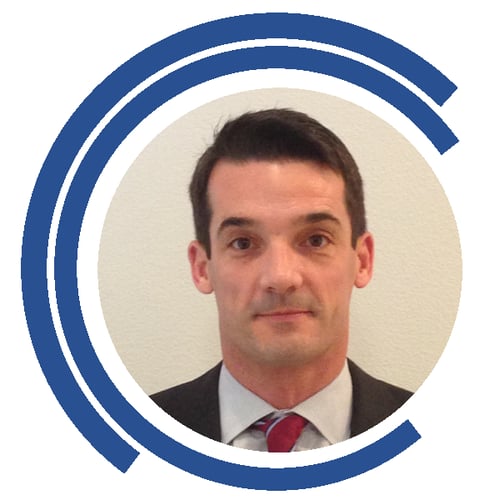
Dr. Klekotka is a board-certified dermatologist and physician-scientist with extensive early phase and late phase clinical development experience. He earned his MD and PhD degrees and completed his dermatology residency at Washington University in St Louis. Following residency, he was an Instructor of Medicine in the Dermatology Division and Post-doc in Immunology at Washington University School of Medicine. Next, he moved to Amgen where he worked in clinical development across multiple therapeutic areas. Then he went to Eli Lilly and Company where he is currently Vice President of Immunology Clinical Research in San Diego where he leads the early phase immunology clinical group.
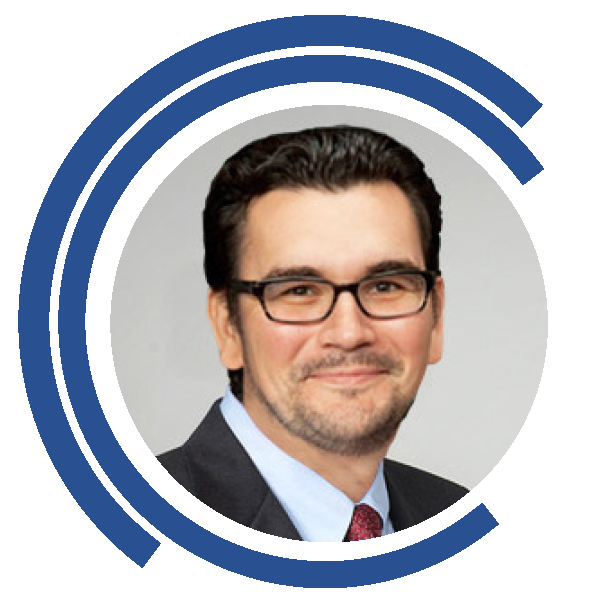
Dr. Paul F. Lizzul, a physician scientist and entrepreneur, is the Chief Medical Officer of AnaptysBio, focused on delivering innovative immunology therapeutics to patients. Dr Lizzul leads the company’s comprehensive development organization, spanning clinical development, translational medicine, clinical operations, regulatory affairs, data sciences, medical affairs, clinical pharmacology and toxicology. Prior to joining AnaptysBio, he held positions in diverse organizations including Global Development Lead for Inflammation at Amgen, Chief Medical Officer of Sienna Biopharmaceuticals and Senior Medical Director at Kythera Biopharmaceuticals. Dr. Lizzul is also a volunteer faculty member in the division of dermatology at the David Geffen School of Medicine at UCLA. Prior to transitioning into biotech leadership roles Dr. Lizzul was an Assistant Professor of Dermatology and Associate Director of Clinical Research at the Tufts Medical Center. He is a board-certified dermatologist, a faculty member of the American Academy of Dermatology and has also served on the United States Food and Drug Administration (FDA) Dermatology and Ophthalmic Drugs Advisory Committee. Dr. Lizzul received his M.D., Ph.D. in molecular genetics and M.P.H. in epidemiology from the Robert Wood Johnson Medical School at Rutgers. He has also earned an M.B.A. in entrepreneurship from the Rutgers Business School.
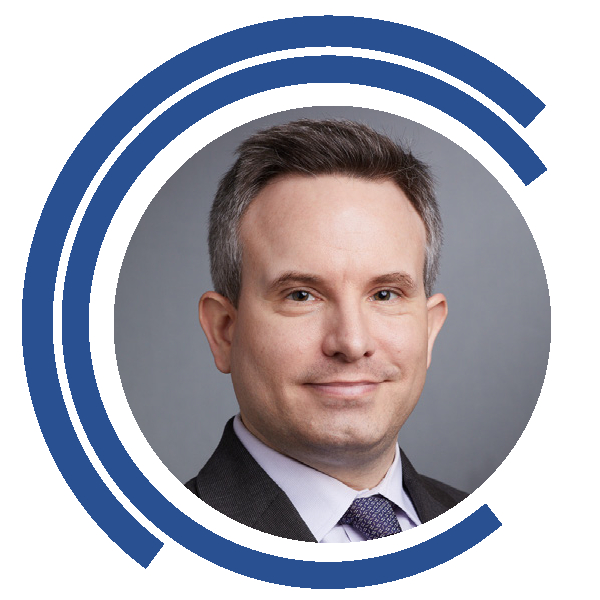
Dr. Vesely is an Assistant Professor in Dermatology at Yale School of Medicine with research training in immunology and clinical expertise in chronic inflammatory skin diseases and cancer immunotherapy. He completed his MD and PhD degrees at Washington University in St. Louis before completing his dermatology residency at Yale School of Medicine. During his post-doctoral fellowship with Dr. Lieping Chen at Yale, Dr. Vesely investigated immune inhibitory receptor V-domain Ig suppressor of T cell activation (VISTA) as a potential therapeutic target for cutaneous lupus. His research program uses spatial proteomics and spatial transcriptomics to visualize the immunopathogenesis of autoimmune skin diseases with a particular emphasis on immune inhibitory receptors that may be stimulated for future autoimmune disease therapy.

Dr. Vesely is an Assistant Professor in Dermatology at Yale School of Medicine with research training in immunology and clinical expertise in chronic inflammatory skin diseases and cancer immunotherapy. He completed his MD and PhD degrees at Washington University in St. Louis before completing his dermatology residency at Yale School of Medicine. During his post-doctoral fellowship with Dr. Lieping Chen at Yale, Dr. Vesely investigated immune inhibitory receptor V-domain Ig suppressor of T cell activation (VISTA) as a potential therapeutic target for cutaneous lupus. His research program uses spatial proteomics and spatial transcriptomics to visualize the immunopathogenesis of autoimmune skin diseases with a particular emphasis on immune inhibitory receptors that may be stimulated for future autoimmune disease therapy.
Advancing Innovation in Dermatology Inc. is a nonprofit, tax-exempt charitable organization under Section 501(c)(3) of the Internal Revenue Code.
Donations are tax-deductible as allowed by law. | Privacy Policy | Cookie Policy
© 2025 Advancing Innovation in Dermatology Inc.. All Rights Reserved. | Web Design & Development time4design - Bucks County Web Design.